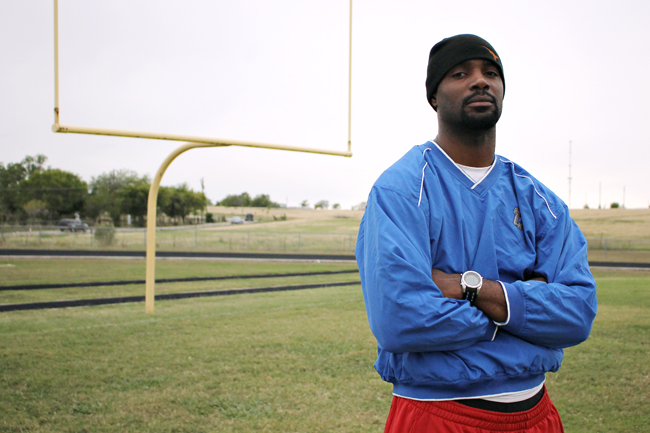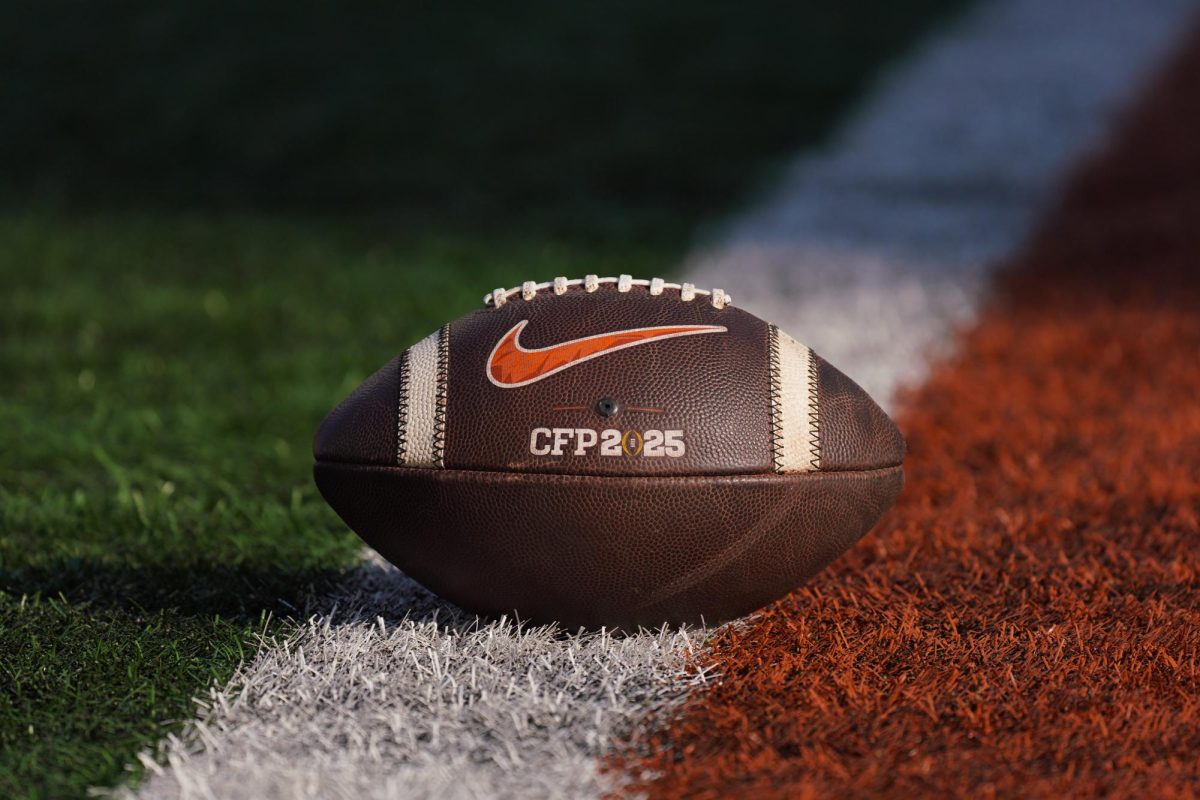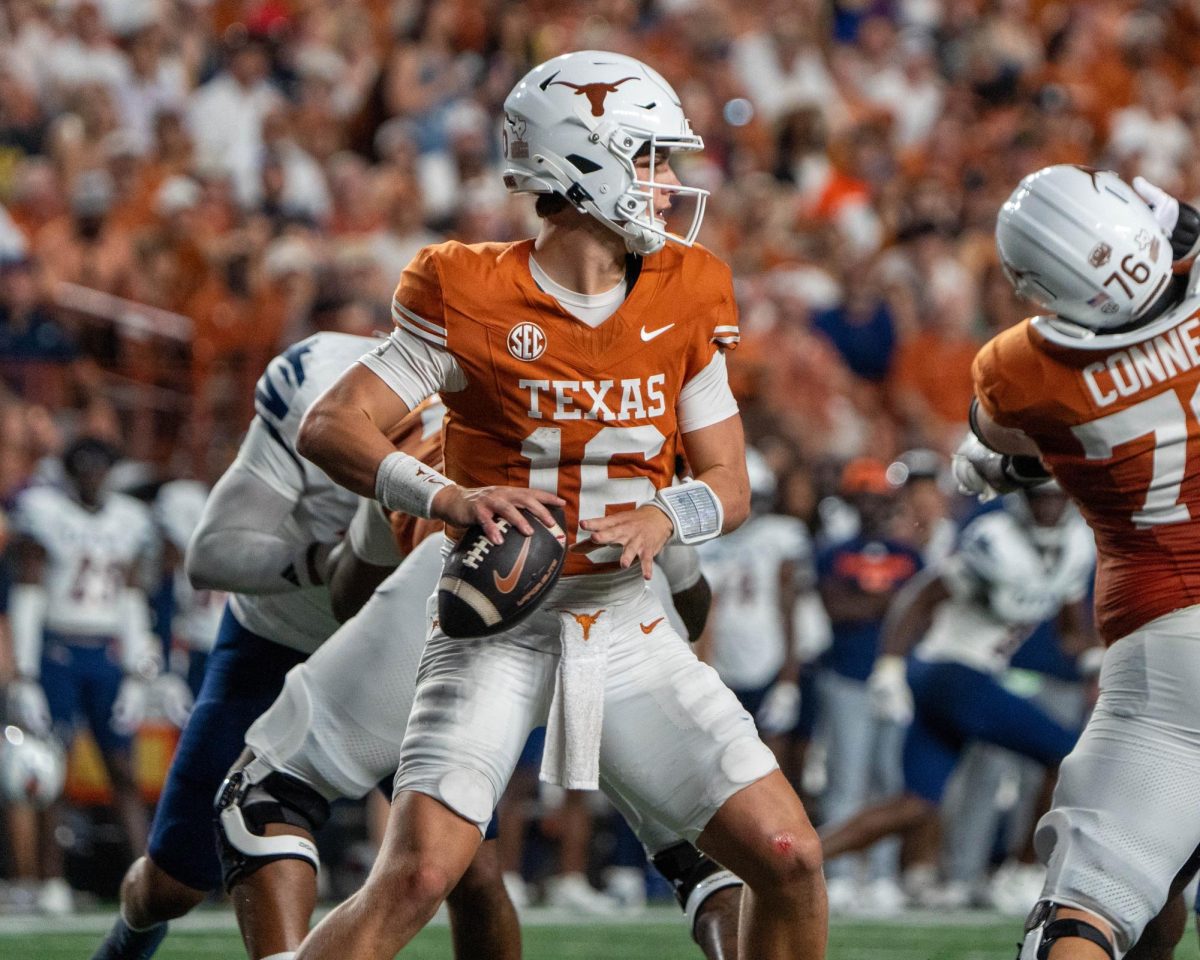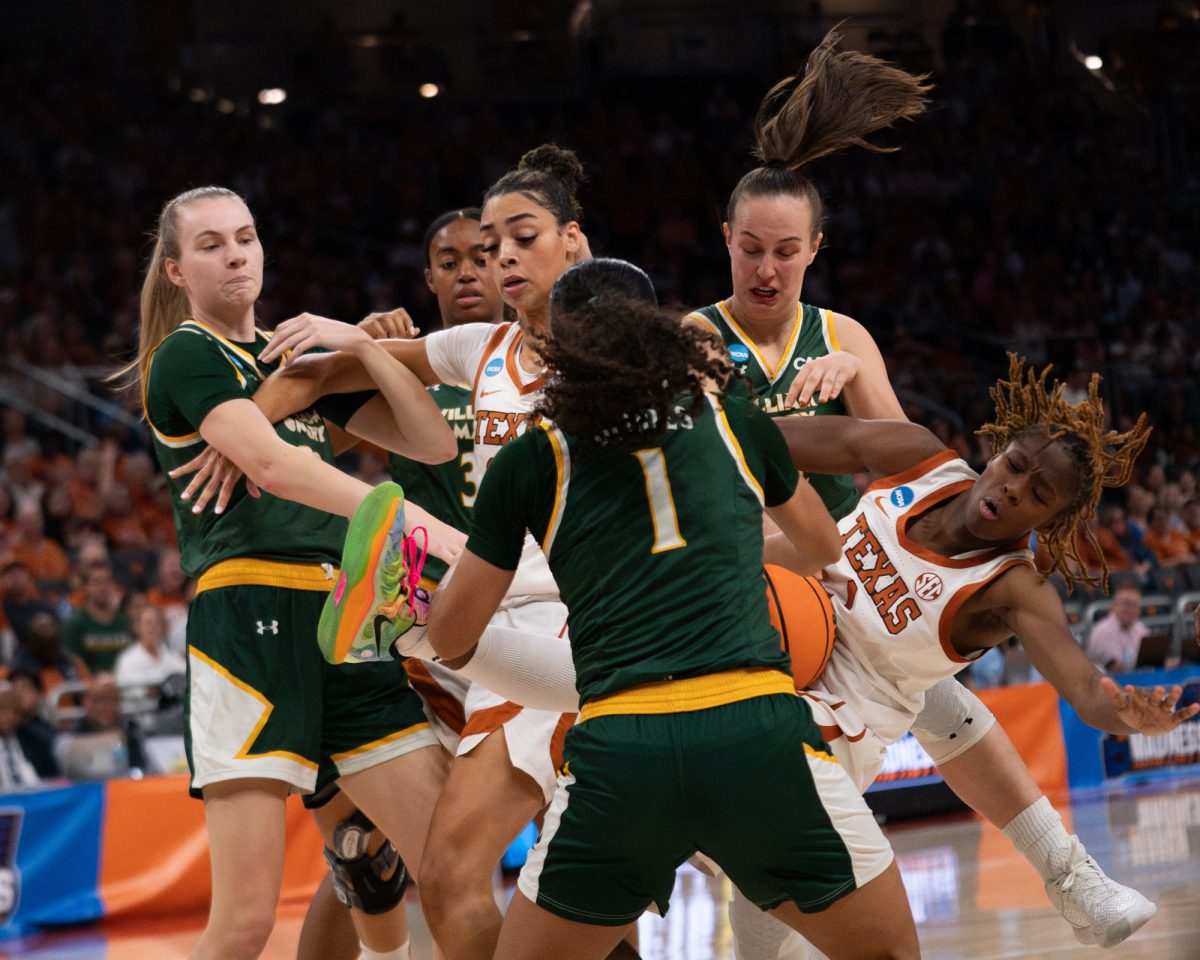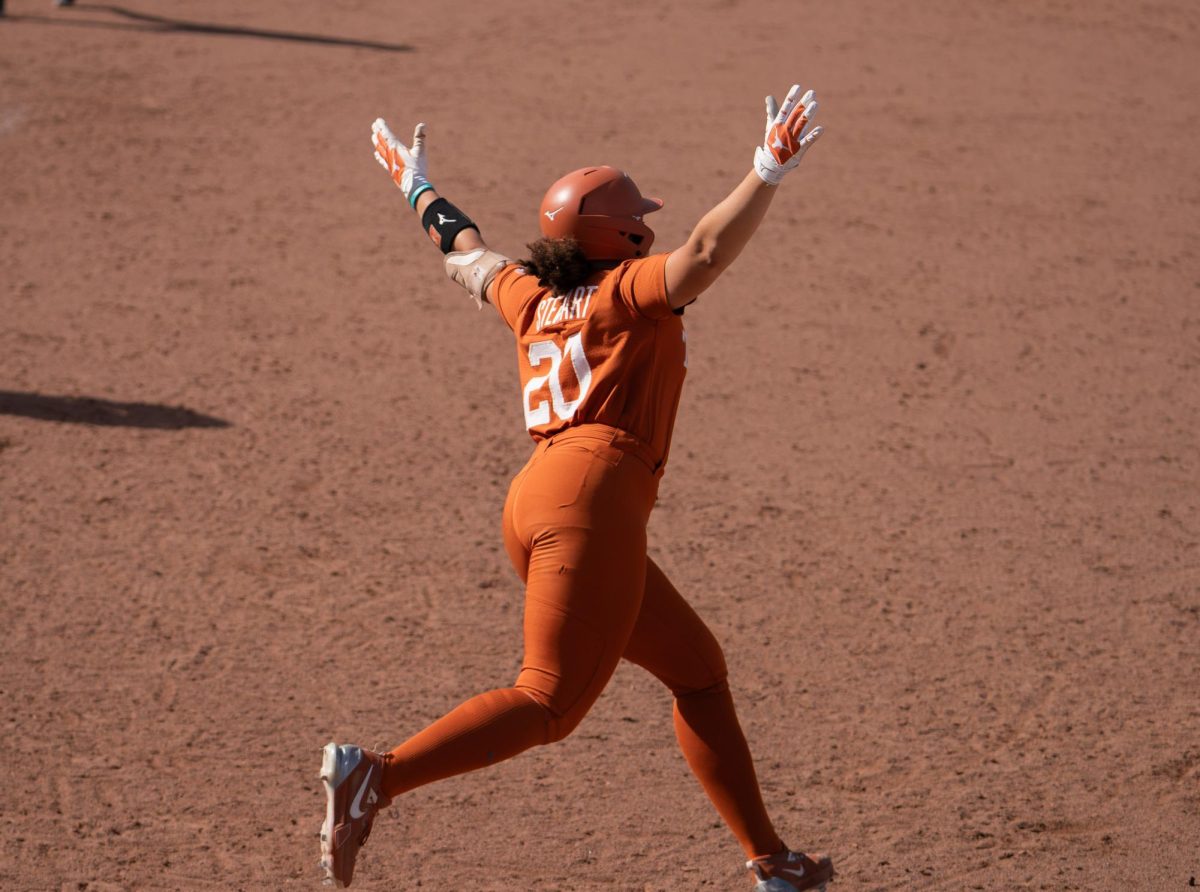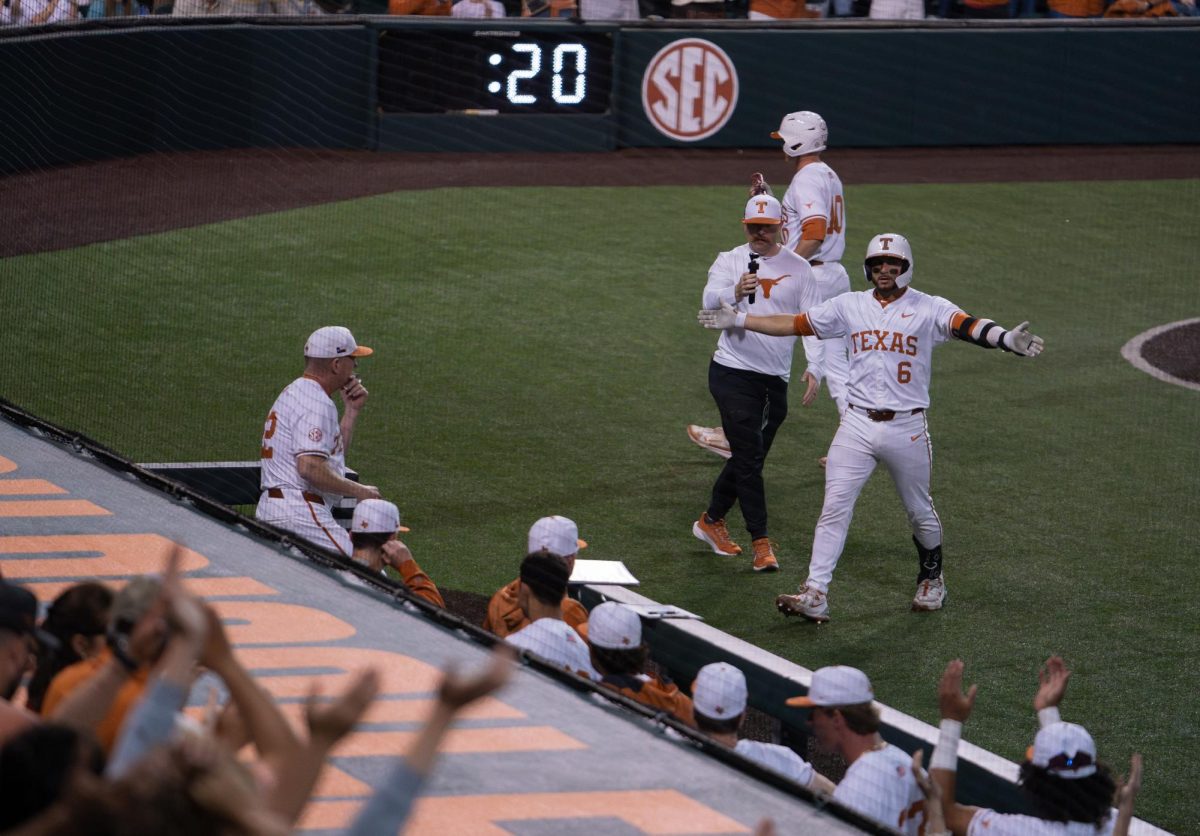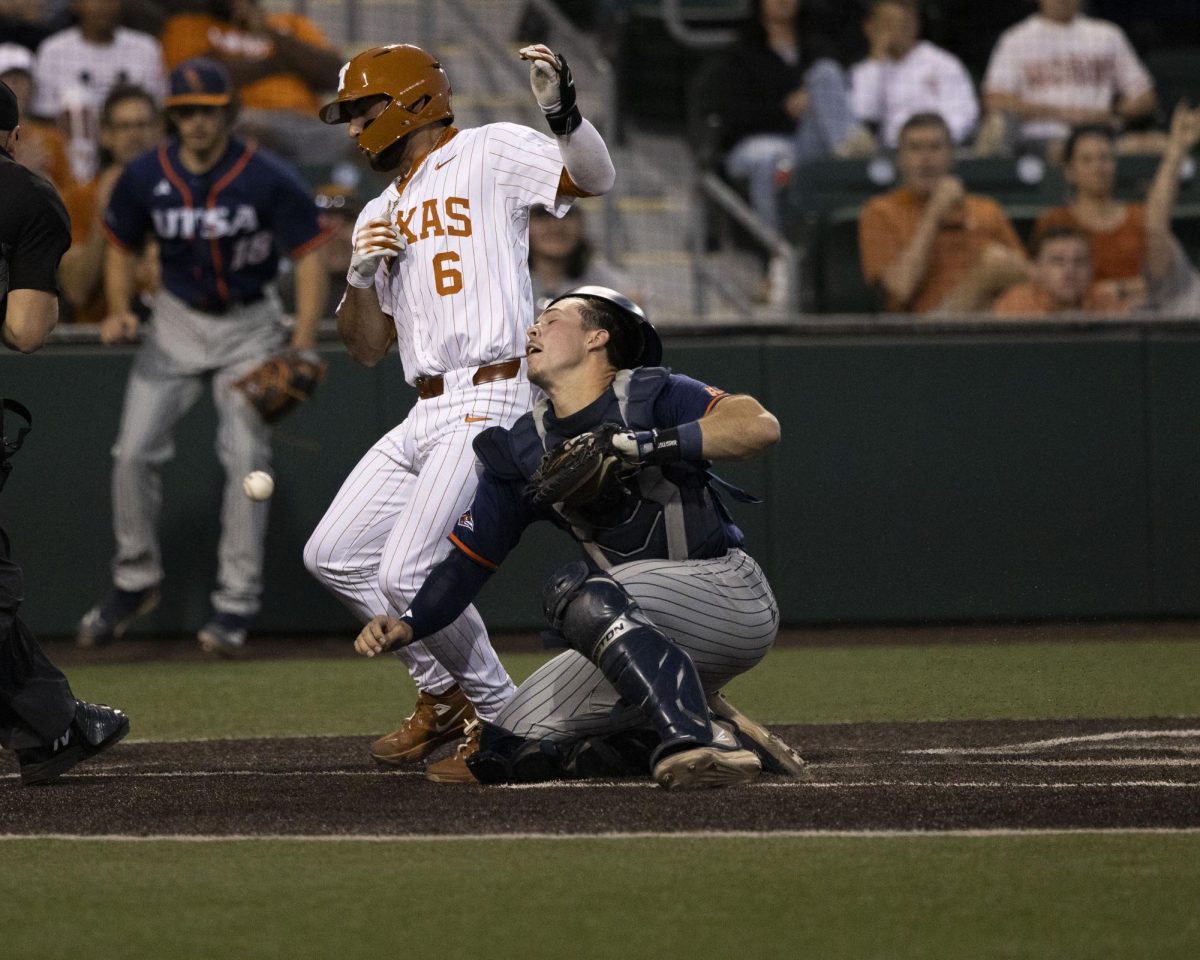It was all once so promising for Limas Sweed.
His heroic late fourth-quarter touchdown catch against No. 4 Ohio State kept Texas’ undefeated season alive in route to a national championship. Falling backwards with a defender draped over him, he was able to corral the Vince Young pass to give Texas a one-point lead with just over two minutes left.
His seven straight games with a touchdown catch from freshman quarterback Colt McCoy the following season set a Texas record. He went on to catch 12 passes that year.
The 6-foot-5 receiver was getting looks in the first round of the draft.
After a wrist-injury ended his senior year, he slid a bit in the draft. Still, the Pittsburgh Steelers took a chance on the high upside receiver in the second round.
Everyone seemed to praise the pick.
“10 years from now, we’re going to say Limas Sweed was the most productive and most talented wide receiver in the 2008 NFL Draft class,” ESPN Analyst Todd McShay noted after the draft.
But that was as good as things would get for Sweed.
Sweed struggled holding on to the ball at the next level. By the end of his rookie season, he caught a pedestrian six passes for 64 yards to go along with two big playoff drops— one of those being an easy 50-yard touchdown in the AFC Championship game.
Yet, the Steelers were able to hang on and lift the Vince Lombardi Trophy, giving Sweed both an NCAA championship and a Super Bowl ring.
His sophomore season went even worse for him individually. In December, the Steelers took him off the active roster. In training camp the next year, he tore his Achilles, ending his season and effectively his NFL career.
“I think every athlete wants to play until they’re about 75 anyway, but I’m
extremely grateful for the opportunity that I had and the chance to be on a great team that made it to the Super Bowl; it was all a blessing,” Sweed said.
Whether injuries or his five drops in 20 targets, Sweed was unable to catch onto another team. After failed tryouts with the Bears, Bengals and Giants, Sweed looked to Canada.
The Saskatchewan Roughriders signed him, but, before he even played a game, he left for
“personal reasons.”
“The media never really knew, but my daughter’s mama had thyroid cancer,” Sweed said. “That’s why I left Canada. I needed to be there for my family. It was unfortunate, too, because they won the Grey Cup. I would have had the three major championships.”
With that, his playing days ended.
Now, at 29, he roams the hand-drawn, uneven sidelines of the Chapa Middle School football field in Kyle, Texas, a small town less than 30 miles south of Austin.
“I like coaching these knuckleheads,” Sweed said, teasing three of his students that followed him out to the bleachers after school. “I can lead them in the right direction. I’ve been there and know what it takes.”
He’s been there just three months — his first stint as a coach and teacher — and is still getting used to it.
“The hardest thing is adjusting to the administration,” Sweed said. “It’s like being a rookie all over again. The coaching part is easy to me.”
But most importantly for Sweed, he gets to be there for his kids.
“I’m at peace here,” Sweed said. “It allows me to see my children as needed and watch them grow up and not miss out on their lives.”
However, Sweed can only look back on what was once such a promising career.
“I can still play, man; I can still play,” Sweed said, mentioning that he can still probably run a 4.47 40. “Injuries, though. Injuries.”

